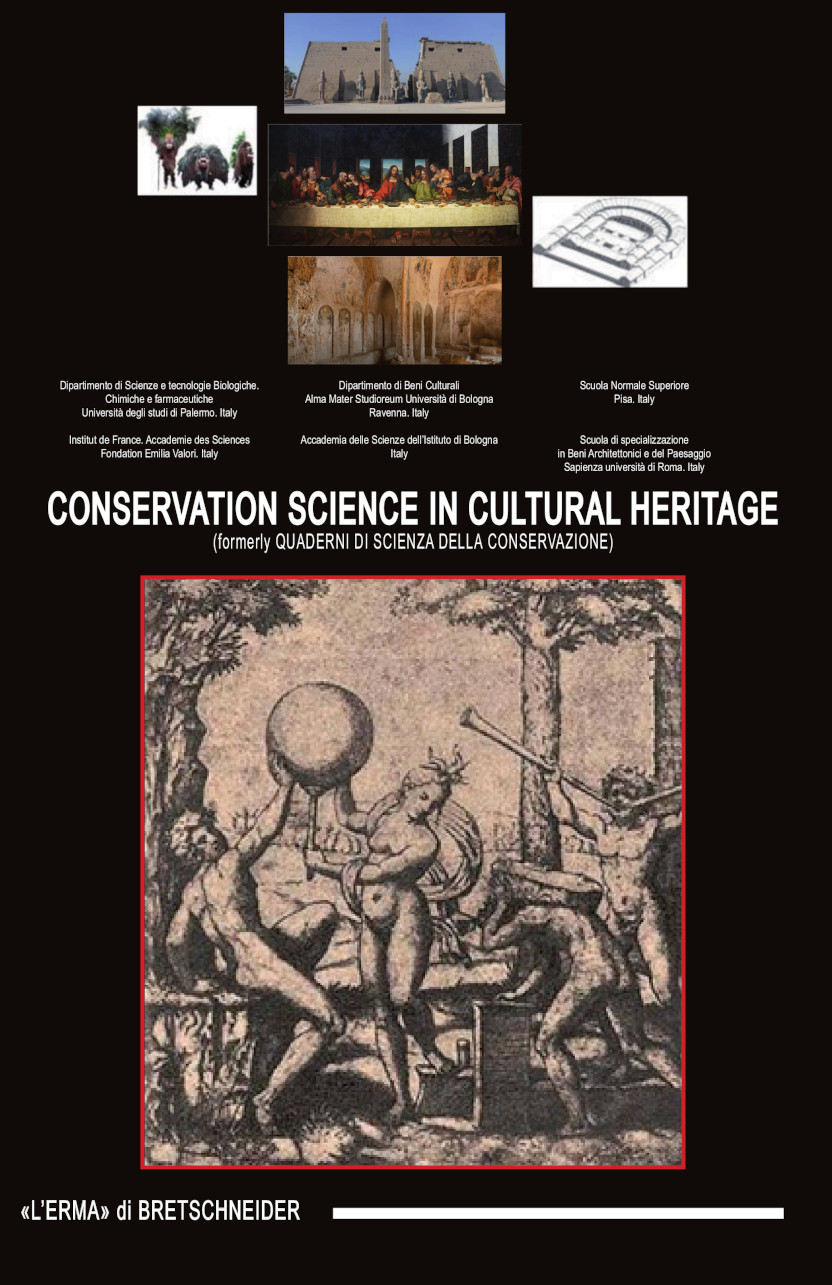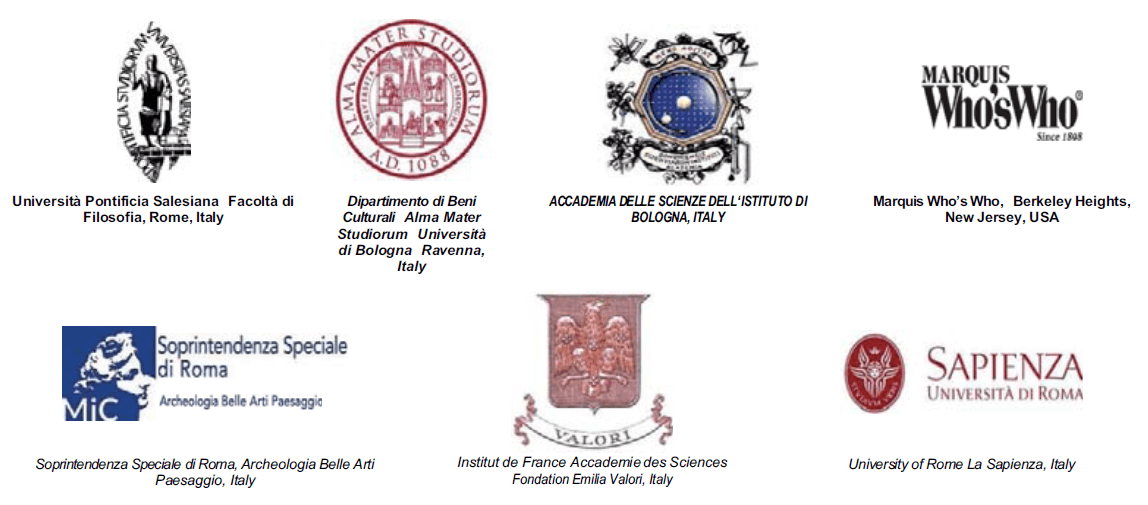Dabkeh al Djoufieh: Exploring the Sustainability of Jordanian Folklore
DOI:
https://doi.org/10.6092/issn.1973-9494/12801Keywords:
Dabkeh al Djoufieh, Arab music, folk music, maqamAbstract
The authors of this paper analyze the Dabkeh al Djoufieh (Dabkɛ ālǧwofyɛ) in its capacity as an inherent part of Jordanian folklore that has been seldom studied. Whereas contemporary Jordan has experienced a rapid burst of cultural globalization, the rural song and dance of Dabkeh al Djoufieh can be observed as a highly dynamic manifestation of belonging and as a symbol of national solidarity. One of the defining features of the Dabkeh al Djoufieh is that it is immanent in every social event in Arab communities. Secondly, as a sample of folk music, Dabkeh al Djoufieh continues to be a vibrant resource for contemporary audiences. The paper focuses on the main musical and poetic characteristics of Dabkeh al Djoufieh. The qualitative analysis applied integrates ideas concerning semantics as a representation of the social context and ethnic identities, whereas music is viewed as an indicator of local heritage. This paper probes the questions: What is Dabkeh Djoufieh? Where does it originate? And how is it implemented in Jordanian folklore culture?
Furthermore, the study discusses the social power found within poetic folk verse, specifically, the role of the metaphor as a tool for expressing communal realities and individual experiences. Likewise, the study analyzes the musical features of the traditional Dabkeh al Djoufieh and how it moved across generations, sacred and social boundaries, becoming a symbol of Jordanian folk tradition.
Downloads
Published
How to Cite
Issue
Section
License
Copyright (c) 2021 Tsonka Al Bakri, Mohammed Mallah

This work is licensed under a Creative Commons Attribution 3.0 Unported License.





